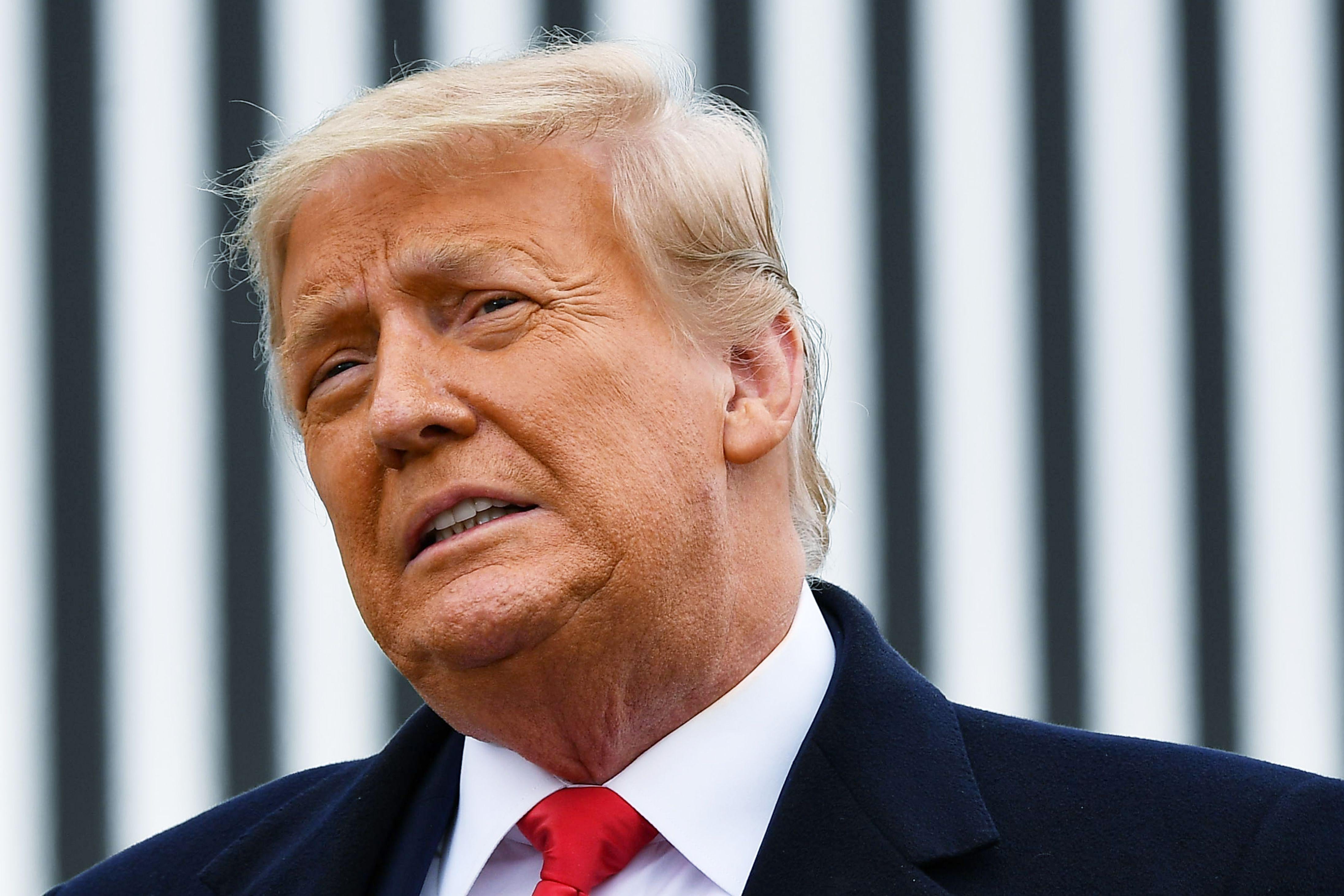Harold Bornstein, Donald Trump’s longtime physician, has died at the age of 73. The long-locked doc was one of a kind—a writer of poetry, a beloved, lighthearted neighborhood doctor, a student of Italian literature—but also an archetype, part of an ever-growing group of Americans who sacrificed their own credibility to appease the president, only to be discarded when his mood turned.
Bornstein’s 15 minutes of fame arrived in 2015, when he signed a doctor’s note extolling Donald Trump’s superlative good health. On paper, this was a concession to the idea that an aspiring president’s fitness (like his tax returns and business dealings) is a matter of public interest, but in practice it made a mockery of that tradition. “If elected, Mr. Trump, I can state unequivocally, will be the healthiest individual ever elected to the presidency,” the letter concluded.
This Ferris Bueller–style ruse sounded like the work of Donald Trump, but Bornstein maintained he had written the note himself. This charade made Bornstein a national joke, which pained him. And that media attention in turn probably compelled what happened next, which was his gradual abandonment by Donald Trump. It was as if the president’s pleasure at his doctor’s loyalty had been superseded by disdain for his fealty.
Bornstein expected a prime seat at the inauguration, but instead stood freezing behind a tree. He expected to be presidential physician, but never spoke to Trump again. After the administration began, he delivered a more honest appraisal of the president’s health in interviews with the New York Times.
But this public service came too late to salvage Bornstein’s reputation as a Trump toady—and hardened the president’s dismissal. Two days after the Times article was published, Trump’s cronies showed up at Bornstein’s practice to seize the president’s medical records. Bornstein told NBC they asked him to remove a framed portrait of him and Trump from the wall, and that the president’s assistant, Rhona Graff, told him, “So you wanted to be the White House doctor? Forget it, you’re out.”
Bornstein retaliated by telling the world that the infamous doctor’s note had been dictated by Trump himself—but by that point, the revelation paled in comparison to Trump’s more recent words and deeds, and served mostly to cement the impression of a doctor who had helped Trump evade one more political norm.
The story made me think of Ayad Akhtar’s recent book Homeland Elegies, a memoirish novel in which the narrator’s Pakistani-born doctor father is summoned to New York to investigate a heart condition of, yes, the real estate developer Donald Trump. He visits a few times and finally makes a negative diagnosis. Trump never calls again, but Akhtar’s father resumes his trips to the city, longing for the “tawdry, gilt-and-gossamer penumbra that masqueraded as largess,” and assuages his rejection by establishing a 15-year relationship (and having a secret child with) a Manhattan prostitute said to have “known” Trump.
Akhtar draws a parallel to his father’s subsequent enthrallment with Trump the presidential candidate, despite his promise to ban Muslims from the country: “nascent, then ascendant, then euphoric, then disappointed, then betrayed and confused, and finally exhausted, a gamut of intensities whose order and range are proper to the ambit of all addiction.”
The book is fiction, but the trajectory is real. How many times have we watched this cycle play out, as men (and they seem to be mostly men) are drawn not so much into the president’s orbit as straight at his unfathomable mass, burning brightly before smashing to pieces?
Trump has swindled more collaborators than we can count: artisans who installed the drapes and chandeliers at his hotels and clubs, various blue- and white-collar contractors, taxpayers. “I love to hold back and negotiate when people don’t do good work,” he told the Wall Street Journal in 2016.
But there is something especially stunning about the arc of the true believers, epitomized by the president’s longtime fixer Michael Cohen, who funneled hush money from his own coffers to Stormy Daniels to cover up her affair with the future president. In 2018, Cohen pleaded guilty to tax evasion and other crimes, and called Trump “the man that caused me to choose the path of darkness.” He was disbarred and served almost two years in prison.
Trump’s betrayals abound. There was the time Trump forced Chris Christie to eat meatloaf. The time he ended Jeff Sessions’ career. The time he humiliated Georgia Gov. Brian Kemp for following his own federal government’s coronavirus protocol. When he sent an angry mob after Mike Pence. The latest news is that Trump is withholding Rudy Giuliani’s legal fees. There’s enough schadenfreude in this administration to last us for years.
The fall of these powerful sycophants is amusing, but it is also an augur of a bigger betrayal to come: that of the president’s supporters. He relishes their devotion and enjoys unleashing their energies on his enemies, but otherwise, he can barely conceal his disdain for them and the places they live. The moment they outlive their usefulness to him, he will make Bornsteins of them all.

